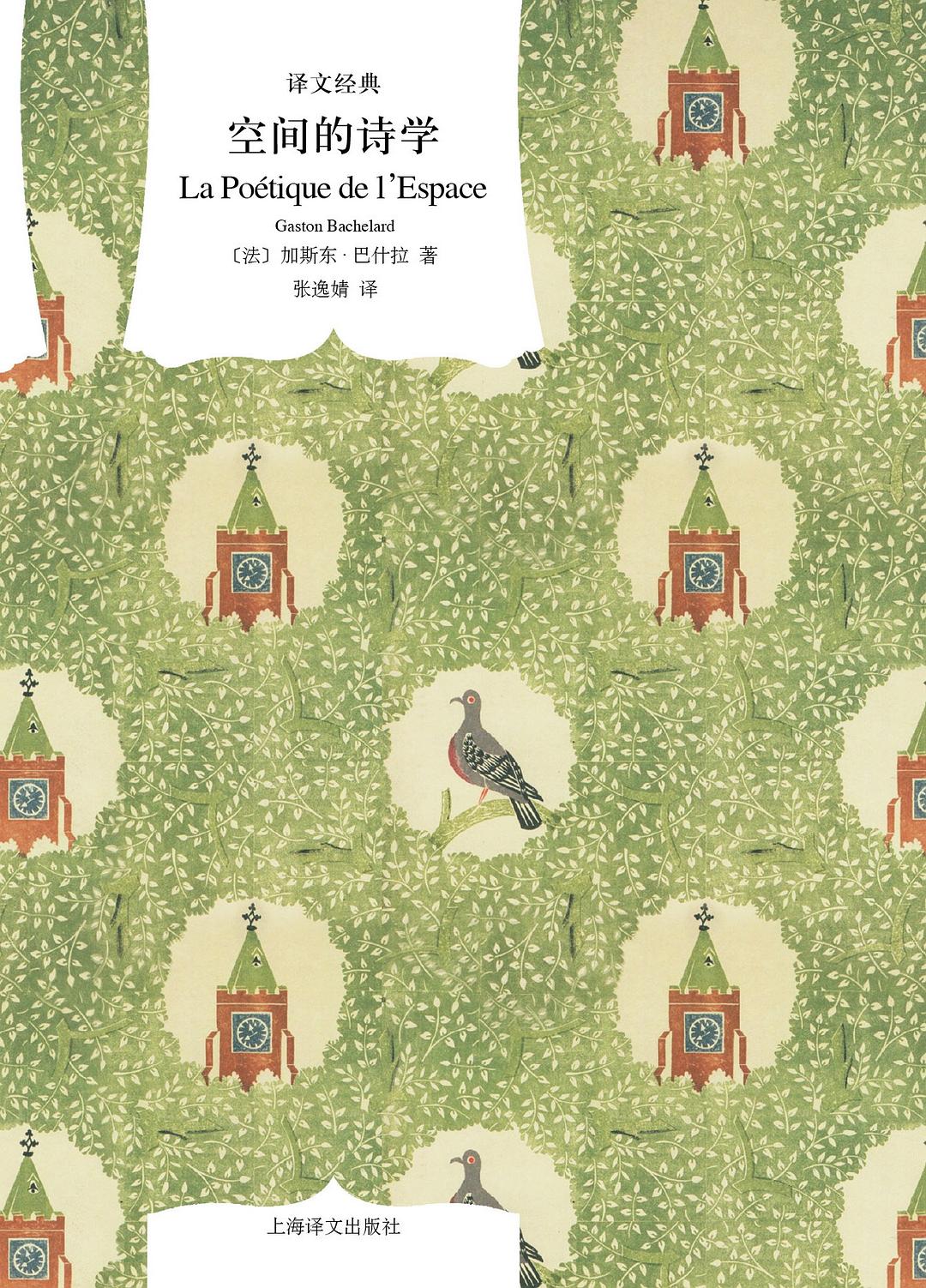WULOLIFE
《空间的诗学》作者: [法] 加斯东·巴什拉 原作名: The Poetics of Space
《空间的诗学》作者: [法] 加斯东·巴什拉 原作名: The Poetics of Space
Couldn't load pickup availability
Description
内容简介 · · · · · ·
本书初版于1957年。在现代主义晚期建筑文化快要窒息的氛围中,此书从现象学和象征意义的角度,对建筑展开了独到的思考和想象。作者认为,空间并非填充建筑学就是栖居的诗学。书中最精彩之处,莫过于对亲密空间的描绘与想象。他指出,家是人在世界的角落,家的意象反映了亲密、孤独、热情的意象。我们在家屋之中,家屋也在我们之内。我们诗意地建构家屋,家屋也灵性地建构我们。
更多介绍 · · · · · ·
《空间诗学》的法文版本出版于1957年。在现现象学以及象征意义的追求为建筑注入丰厚的养分,此书在这样的时期出现,自然激起建筑的许多深刻想象。
也就是场所分析 。但是建筑师认为他的空间想象正好可以对抗科技实证主义与抽象形式主义,并做为正在浮现的结构主义的另类提案。诺伯休兹 (Norberg-Schulz)学学者,就在他的《实存空间与建筑》这本书中,将《空间诗学》与海德格的《存有与时间》、《住居思》以及梅洛庞蒂的《知觉现象学》中有关空间的章节等并列为建筑必读的经典。
在《空间诗学》这本书中,巴舍拉认为空间并他说:“在家屋和宇宙之间,这种动态的对峙当中,我们已经远离了任何单纯的几何学形式的参考架构。被我们所体验到的家屋,并不是一个迟钝的盒子,被居住过的空间实已超越了几何学的空间。”因此我们所要关心的不是住屋形式或舒适与否的分析;易言之,建筑学就是栖居的诗学.
书中最精彩之处,莫过于对于亲密空间的描绘与想象。他指也保护做梦者。家的意象反映了亲密、孤独、热情的意象。我们在家屋之中,家屋也家屋也灵性地结构我们。
作者简介 · · · · · ·
加斯东•巴什拉(Gsston Bachelard,1884-1962)法国新科学认识论的奠基人。他的哲学思想深刻影响了法国众多哲学家,而其认识论也在全球范围内广受推重。
